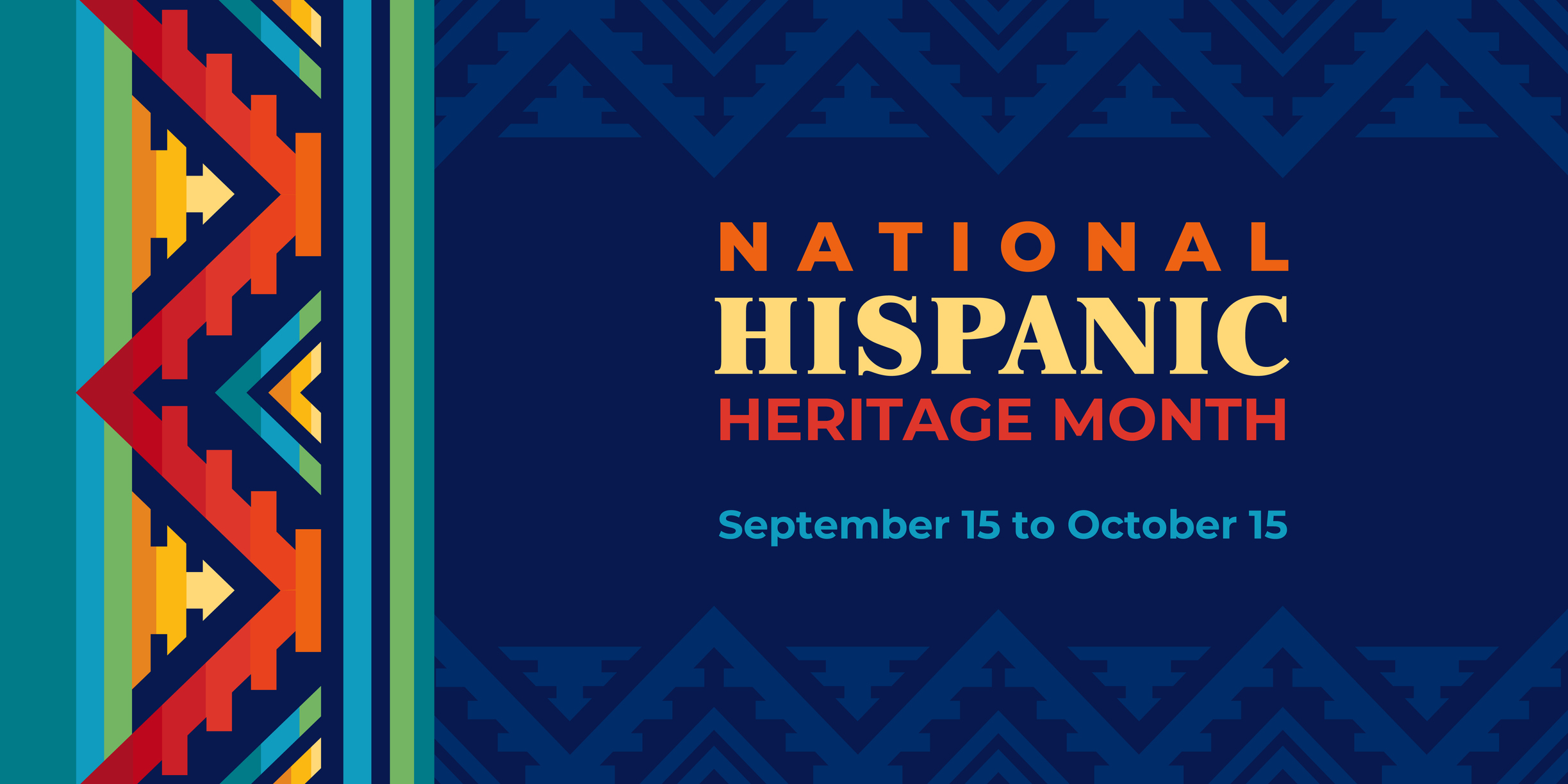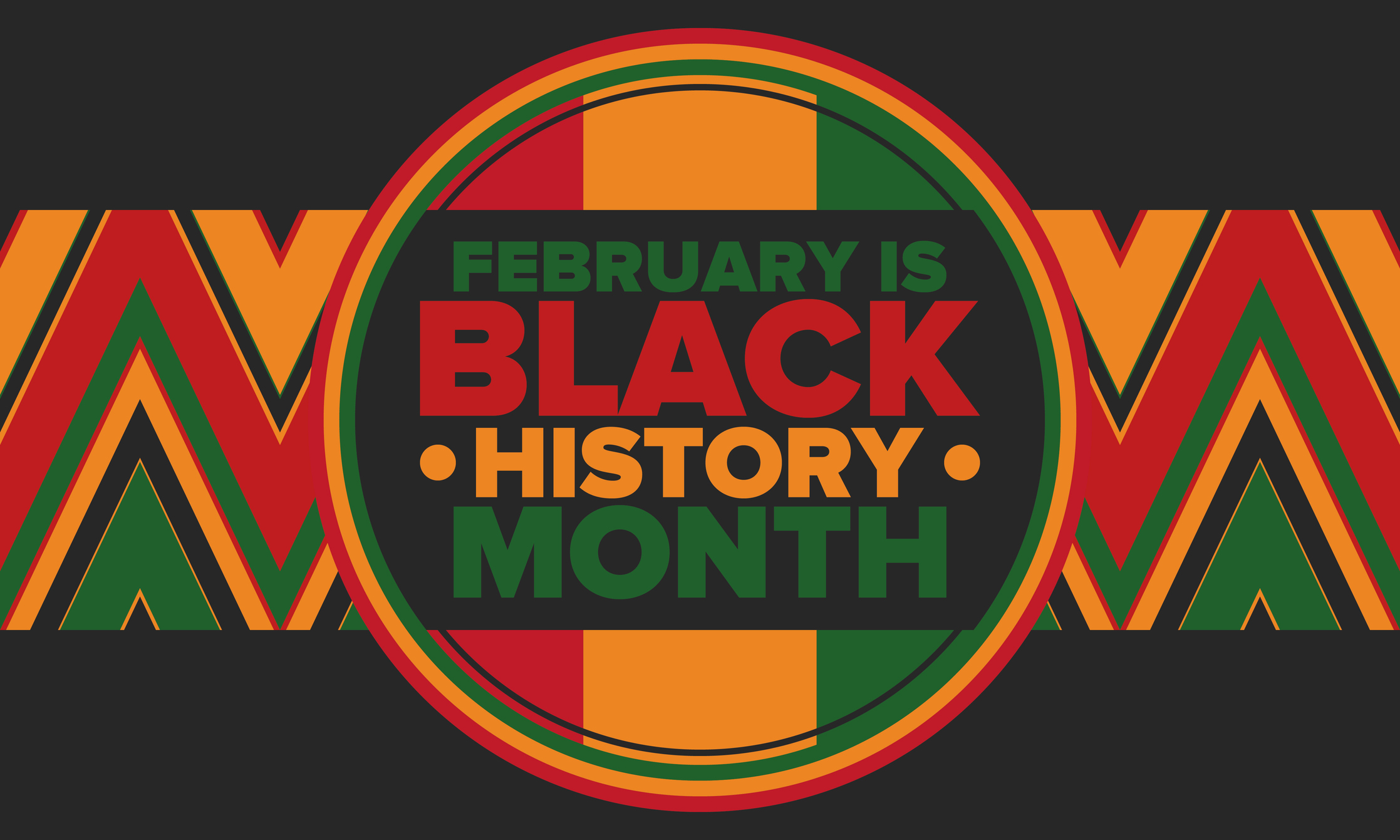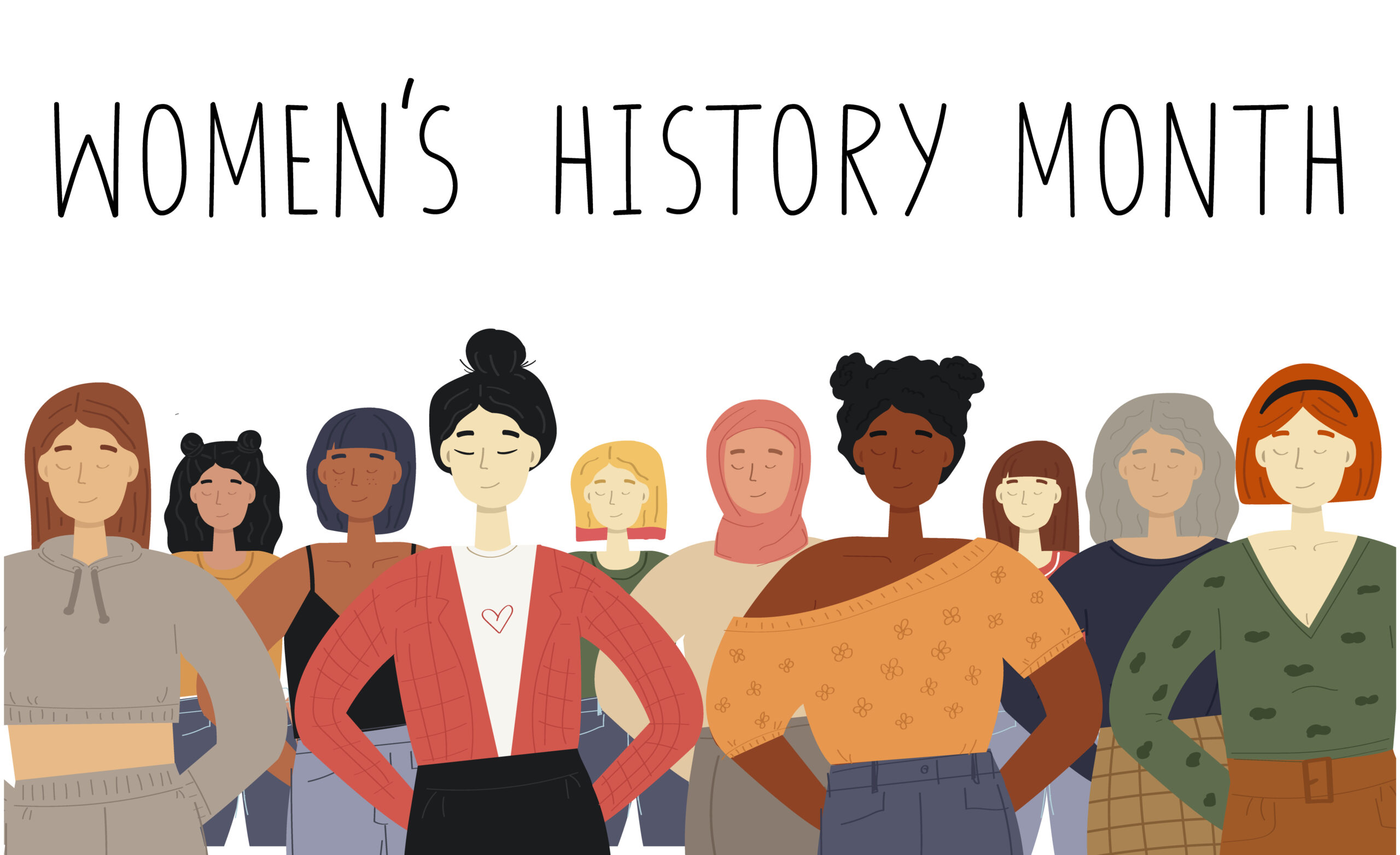
Hispanic Heritage Month
Celebrate National Hispanic Heritage Month from September 15 through October 15.
National Hispanic Heritage Month celebrates the histories, cultures and contributions of American citizens whose ancestors came from Spain, Mexico, the Caribbean and Central and South America. It begins on September 15, the anniversary of independence for Latin American countries Costa Rica, El Salvador, Guatemala, Honduras and Nicaragua. In addition, Mexico and Chile celebrate their independence days on September 16 and September 18, respectively. The observance started in 1968 as Hispanic Heritage Week under President Lyndon Johnson and was expanded by President Ronald Reagan in 1988 to a 30-day period running from September 15 to October 15. This was enacted into law on August 17, 1988, on the approval of Public Law 100-402.
Discover documents, exhibits, films, blog posts and more from the National Archives and Presidential Libraries that highlight and recognize the achievements and contributions of Hispanic and Latinx Americans who have inspired others to achieve success.
Read key facts about U.S. Latinos for National Hispanic Heritage Month.
15 inspirational Latino role models to learn about in honor of National Hispanic Heritage Month so we can continue to celebrate Hispanic and Latinx cultures and contributions after the designated month.
BlackFacts celebrates Hispanic Heritage Month with a video series highlighting trailblazers of the Afro-Latino community.
Learn about the difference between Hispanic and Latino.
These four Latino organizations are fighting climate change by educating entire communities and contributing to green development.
Language and terminology
“Latinx” is gender-neutral term that’s supposed to be for everyone. Terry Blas made this comic to help you understand why it might not be.
Information on terminology, and who is included as Hispanic.
Food
Castillo, who grew up in Santa Ana, CA — where 76 percent of the population is Latinx — couldn’t find the Mexican dishes he grew up loving on any popular food blog, so he decided to create his own. Chicano Eats has become a place where he shares a love for cooking mixed with his experience as a queer Chicano, while providing a much-needed space for authentic Latinx voices and recipes.
Here are 13 Latinx chefs who are putting fresh vegetables and vegan ingredients center stage. They’re proving they can deliver on the traditional flavors of their origin countries in a meat-free format.
Jasmine Hernandez Hispanic Kitchen: plant-based Chili Rellenos cooking demo.
Chef Claudette Zepeda, a first-generation Mexican-American chef, knows a thing or two about cooking authentic Mexican cuisine. Growing up between Tijuana, San Diego, and Guadalajara, Zepeda learned to appreciate Mexican culture and food from an early start.
At the Co-op
Look for these products in the store.
Siete Foods
When Veronica Garza changed to a low-inflammation and grain-free diet for debilitating health issues, the entire Garza family joined in to help, hand-pressing tortillas at home so they could continue to enjoy traditional tacos and fajitas together. This grew into the grain/gluten/dairy free Mexican-American Siete Foods which has expanded from tortillas to include sauces, dips, canned beans, and even sweets!
CHOMPS
Peter Maldonado and Rashid Ali are co-founders of Florida-based dry meat snacks maker CHOMPS. Madonado’s grandmother immigrated to the U.S. from Colombia while Ali’s father was an immigrant from Pakistan.
Maria & Ricardo’s
In 1986, cousins Maria and Ricardo arrived in Boston from Mexico. Quickly disappointed by the local tortilla offerings, they traveled back to Mexico to learn the secrets of traditional Mexican made tortillas so they could bring time-honored flavors and textures back to the states. It didn’t take long for their small artisan business to expand from Jamaica Plain to all of New England and then onward. Today they offer a full line of tortillas that serve all different palettes and nutritional needs.
Barnana’s
Barnana’s founder Caue Siplicy, brought his favorite snack from his childhood in Brazil to the states and launched a tiny business selling his dehydrated banana and plantain snacks. In 2012, Nik Ingersoll joined him as logo designer and co-founder, and they were discovered at a trade show. Today they are a B-Corp that upcycles bananas & plantains that would typically be rejected and are GMO-Project certified.
Curly Girl Pops, LLC
Curly Girl Pops is a Latina owned, small batch plant-based popsicle business located in Vermont’s Capitol City. Arealles Ortiz started her popsicle making journey as a hobby that eventually combined with her passion to promote healthy eating in her community. She brings out her customers’ inner child while serving them wholesome fruits and vegetables.
Xochitl
President and Founder Carlos Salinas began with Chipotle salsa from a recipe that has been in his family for over 90 years. He was living in Dallas, Texas in 1995 when he received a phone call requesting 200 jars. Carlos launched Xochitl (pronounced “soh-cheel”) soon after, expanding to include corn chips using ancient cooking methods of the Aztecs. The business continues to be 100% minority owned and operated today.
KIND
Daniel Lubetzky, founder of KIND, is on a mission to make the world a little kinder one snack and act at a time. His father immigrated from Lithuania, and he grew up in Mexico City. In 2004, he launched KIND, bringing us the nutrient-dense snack bars we continue to love today. He also established the KIND Foundation, a 501(c)(3) charitable organization established by KIND working to create kinder, more empathetic communities.


